Following your dream is not always easy. Actually, it’s never easy.
To be frank, I think the only way you can achieve a dream goal is to leave yourself no other choice. You can’t say, for instance, “I’ll try this for a while and see how it goes.” because you’ll always find a reason (often a pretty good one) to give up and do something else. You have to be fully committed. That makes it easier decision-wise, because you literally leave yourself no other choice but to keep going forward. But the process itself is still very hard.
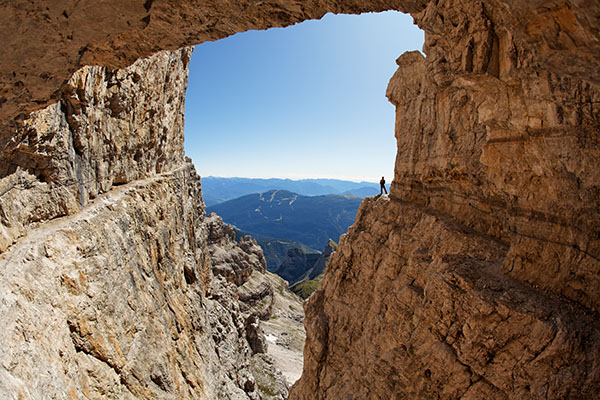
So, that’s what I did and now I take pictures for a living. I also write for magazines and for newspapers. Sometimes, I sell my images by themselves, but my articles I always sell with my photos. I’ve been doing it for a long time now, and I can’t imagine any other way to make a living. But that doesn’t mean it hasn’t been a struggle. Sometimes, when everything seems to be going against me, I have regrets about choosing photography for a career. Here they are, in no particular order.
#1. Low Pay
Photographers work hard, whether they shoot weddings, war zones or wallabies. But the pay is generally not great, which is just a polite way of saying it sucks. There are exceptions, of course, but they are, well, exceptions. So you work hard and are good at what you do, but you don’t make a lot of money. Your friends earn a lot more than you do, which is fine, but after a while it gives a numerical significance to how much you’ve sacrificed to be a photographer.
Of course it’s possible to make a lot of money at photography, as Peter Lik will tell you, but if making money is a priority in your life, you’re far better off choosing a different career.
Now, I know what you’re thinking. You’ve heard that before, and it’s not going to be a problem, you’re ready to live frugally. You say that now, but will you feel the same way in ten years?
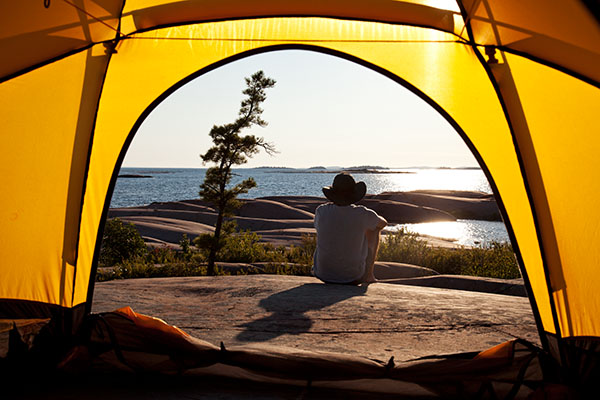
#2. Inspiration
While it’s definitely true that you should try to work at something you love, it has its consequences. The most obvious is that what you love becomes work. I have friends who shoot images just because they enjoy it and sometimes I think, “hmm, they seem to be having more fun at this than I am!”
The truth is, taking pictures with the aim of selling them is different, most of the time, from taking pictures for the pure joy if it. A lot of people confuse the two things.
It’s not that I love it any less, I don’t think, but sometimes it’s hard to keep up with the enthusiasm I see in amateur photographers. As much as I enjoy taking pictures — hey, I’m the one who decided to make a living out of it — I also like doing other things as well. I guess this is a way of saying that when you do the thing that you love for a living, you choose something else for a hobby.
#3. Work Never Ends
One of the great things about being a self-employed entrepreneur of sorts, is that if Monday the weather is great and a friend calls up and suggests a long lunch on a patio somewhere, at that moment you get to say, “Sure, sounds great!” Or perhaps, if you’re more disciplined than I am, you say, “Maybe next time, I really have to get some work done.” But the point is, you have the option. Freedom is pretty great.
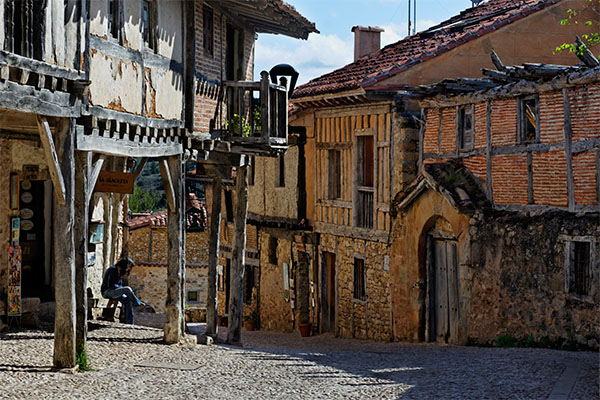
Of course, it comes at a cost, because depending on how you look at it, you’re never truly free. You can draw the line between work and play wherever you like, yes, but that’s both a good thing and a bad thing. Because you’re never not working. I sometimes envy my friends who have regular Monday-to-Friday jobs because when I see them on the weekend, they’re truly off work. Not me.
Also, vacations? Pretty much never. I go to a lot of great places, don’t get me wrong, but mostly on my own. I know this sounds like the stuff of dreams, but believe me, it’s still work. You go on an assignment somewhere and tell your friends you went to such-and-such destination, and all they think is “Ah, vacation.” But being in a vacation spot and actually being on vacation are two very different things. I get it, because vacations are awesome – I wish I could take one.
#4. Loss of Creative Input
Depending on the kind of photography you do, it can be hard to maintain a personal vision, or any creative input at all, really. I was once at the studio of a friend of mine, a commercial photographer who pulls in many big-time clients. I wasn’t involved in the shoot in any way, he just invited me over so I hung out and watched, scarfing down the free sushi when nobody was looking.
The shoot was of a young couple who had found their dream home. It was going to be a full-page advertisement in magazines and newspapers. The art director was there, and he knew exactly what he wanted. He had a clipping of a photo taken by somebody else, gave it to my friend and essentially said, “Copy this. This is what we want exactly.”
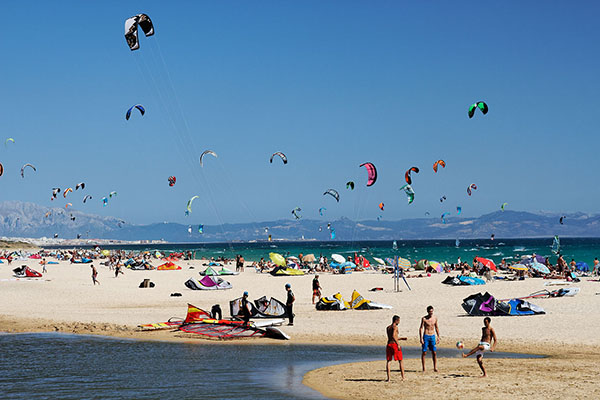
This is an extreme example, but the point is, if you want to make money taking pictures, you shoot what other people want. At the very least, you shoot what other people want but in your style, and that’s the best-case scenario.
That’s why a lot of photographers take lower-paying jobs that allow them more creative control. If not, there are times when you’re just a robot putting the camera where other people want it and pushing the button when they say so. Unless, that is, you’re a superstar commercial photographer, but if that’s the case, you’ve already paid your dues, I’m sure.
I don’t usually have an art director over my shoulder telling me what to do, but I still submit my images to photo editors and designers, and they get to choose which ones get used, not me.
#5. The Myth of Being Your Own Boss
Some people who have regular jobs, whatever those are, tell me, “You are so lucky, you’re your own boss.”
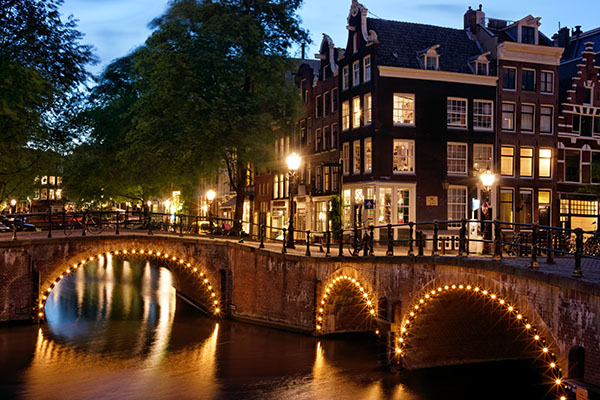
Well I suppose I am, in a way, my own boss. But that depends on how you look at it. From my perspective, I have it a lot worse because I don’t have just one boss, I have many. Every one of my clients is my boss.
I’ve been lucky in finding many great people to work with (for?) but I’ve had my share of nightmare clients, as well. Some of those people pay quite well, and although I’d sorely like to tell them to do something to themselves which is unprintable here, well, you know how it goes. Sometimes I have the courage to fire a well-paying client, and sometimes I don’t. But if you think that being a freelancer allows you to escape the unpleasantness of having to deal with certain bosses, think again.
Thinking about turning pro? Here’s another good read on the topic from a different pro photographer’s perspective: 6 Things to Consider Before Becoming a Professional Photographer
Mike Randolph has been a professional writer and photographer for more than 20 years. His photos have appeared in National Geographic publications as well as hundreds of others. For photo tips, techniques and gear talk, check out his travel photography blog.
googletag.cmd.push(function() {
tablet_slots.push( googletag.defineSlot( “/1005424/_dPSv4_tab-all-article-bottom_(300×250)”, [300, 250], “pb-ad-78623” ).addService( googletag.pubads() ) ); } );
googletag.cmd.push(function() {
mobile_slots.push( googletag.defineSlot( “/1005424/_dPSv4_mob-all-article-bottom_(300×250)”, [300, 250], “pb-ad-78158” ).addService( googletag.pubads() ) ); } );
The post 5 Reasons a Pro Photographer Sometimes Regrets That Decision by Mike Randolph appeared first on Digital Photography School.

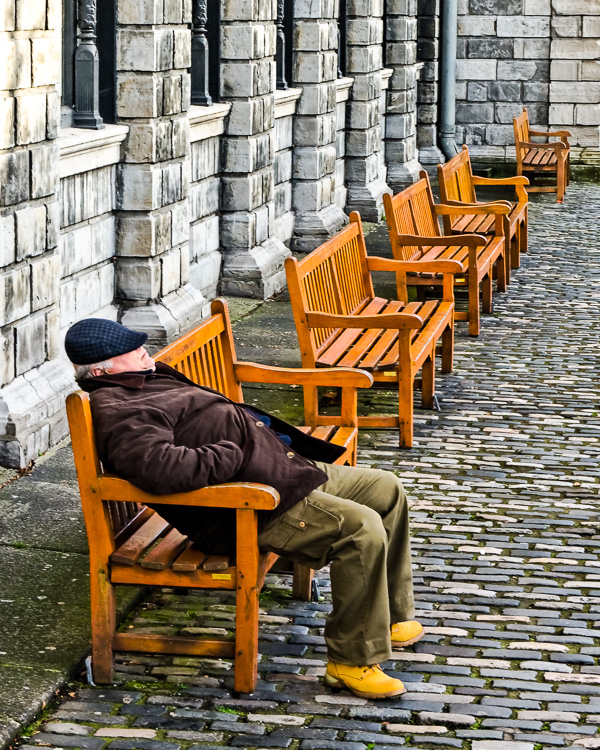
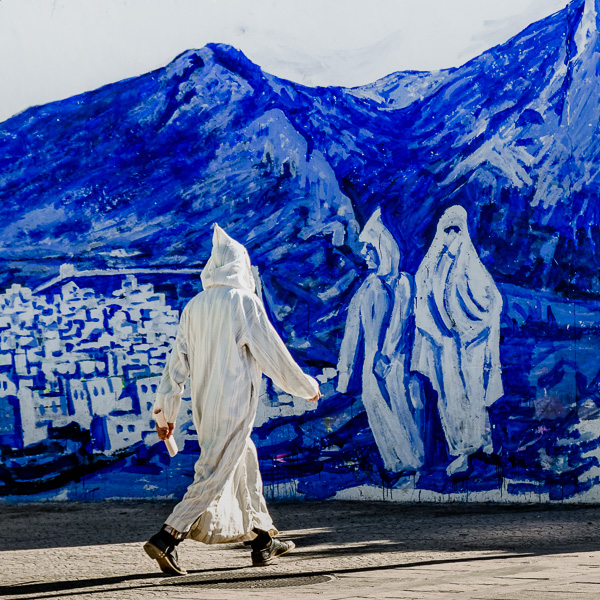



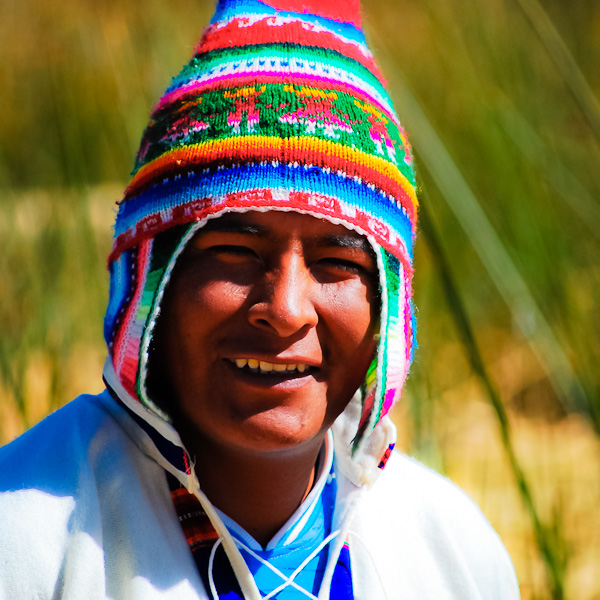
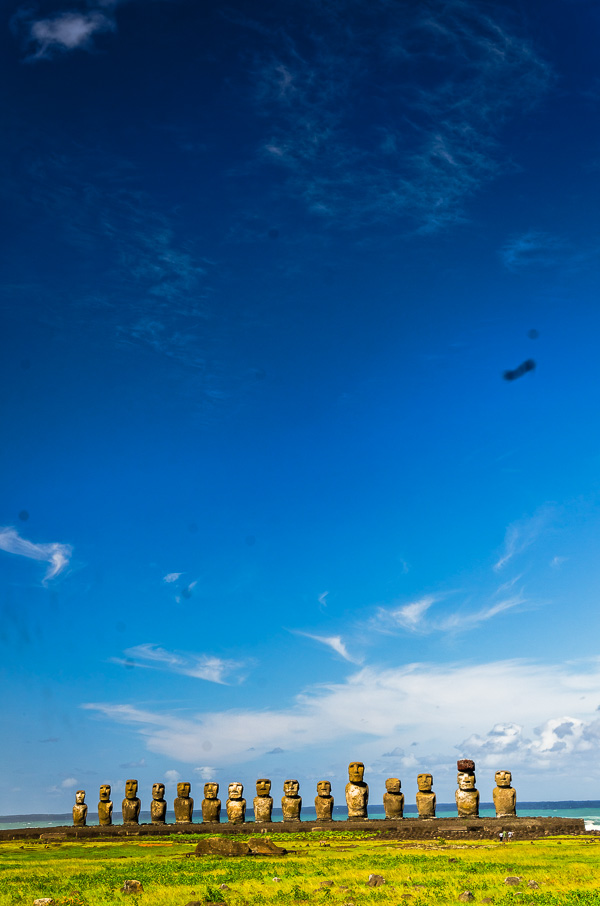

You must be logged in to post a comment.